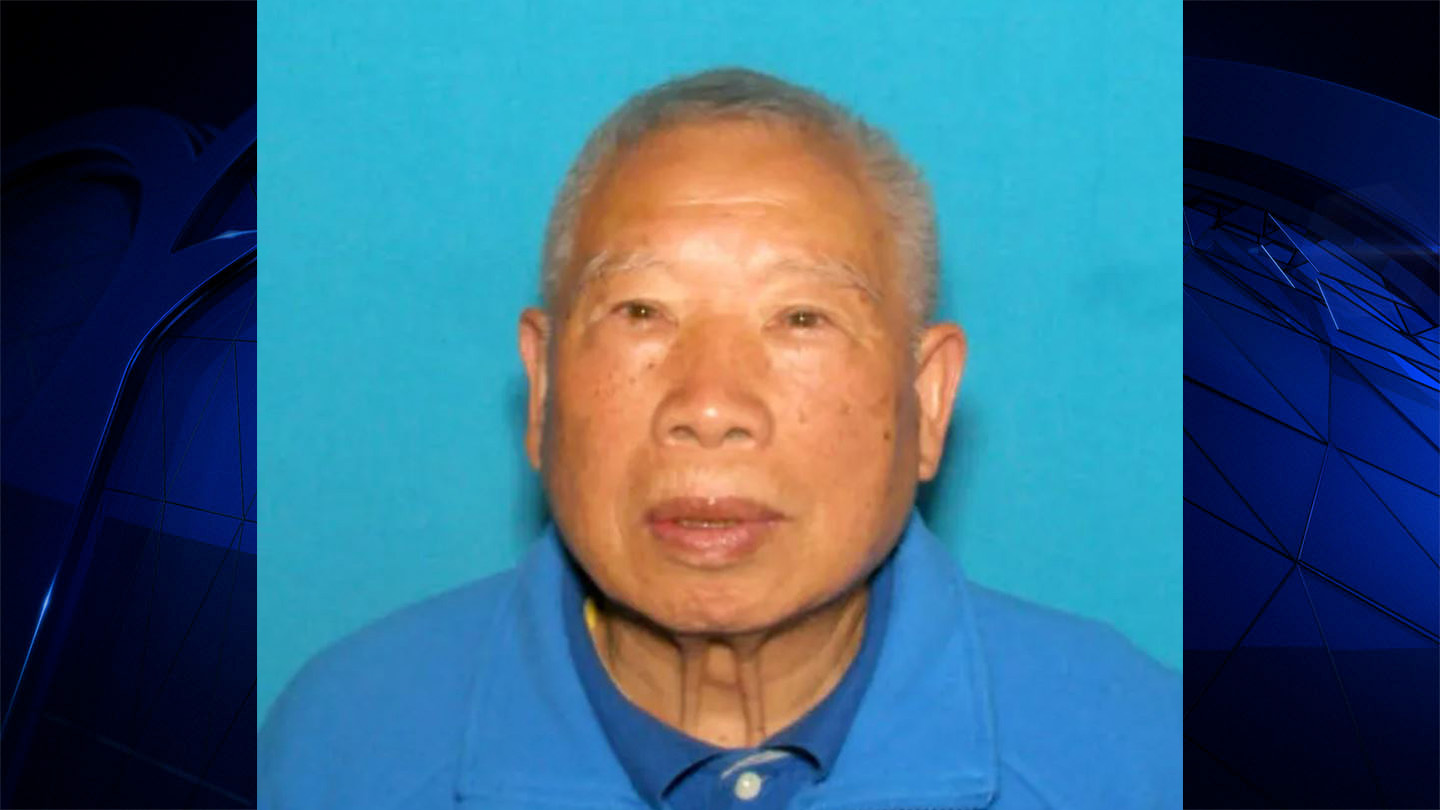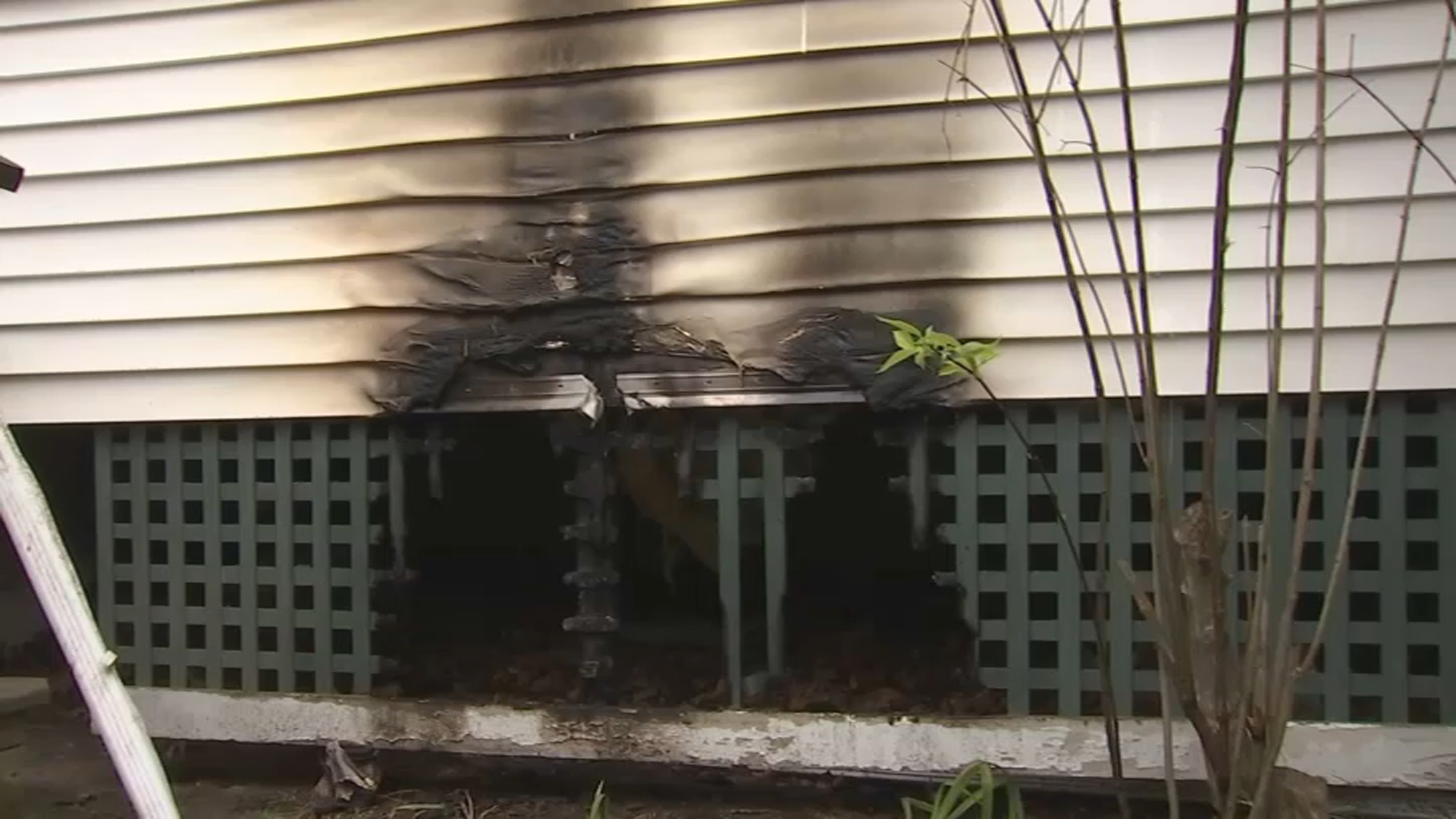Three months after he was shot in his native Dominican Republic, Boston Red Sox legend David Ortiz says his life is forever changed.
In his first interview with an English language publication, Ortiz tells the Boston Globe that he almost died.
“People need to understand, this isn’t a movie where you get shot in the street and you’re back two minutes later,’’ the slugger said in a wide-ranging interview at Fenway Park. “No, I got shot and almost died. I only have one life to live. I can’t just go to the pharmacy and buy another one.’’
Ortiz says he was drinking with about eight of his friends on an outdoor patio at the Dial Bar and Lounge in Santo Domingo on June 9 when a gunman fired a single bullet from close range into his back.
Everyone scattered when the shot rang out, leaving Ortiz critically injured on the floor, he said. The 43-year-old says an "angel came out of nowhere," a bar patron named Eliezer Salvador, and he helped Ortiz into his Rolls-Royce and rushed him to a private clinic.
Ortiz recalls that he was alert enough to know he had been shot but says he didn't understand much else about his condition at the time, telling the Globe that he didn't want to look at his wound.
As the retired slugger was taken into his first surgery, Ortiz says he told the medical staff, "Please don't let me die. I have four children. I want to be with them."
Surgeons removed his gallbladder and operated on his badly damaged intestines and liver. Shortly after, the Red Sox arranged for Ortiz to be transported to Massachusetts General Hospital.
Before his flight to Boston, Ortiz says he remembers being questioned at his bedside by Dominican Attorney General Jean Alain Rodriguez but remembers little else about the day after the shooting.
Ortiz spokesman Joe Baerlein says that was his only interview with a law enforcement official about the ambush.
Local
In-depth news coverage of the Greater Boston Area.
Once at Mass. General, Ortiz was operated on for a second time. Trauma surgeon Dr. David King told Ortiz they needed to assess the internal damage and the quality of his first surgery in the DR.
“They did a hell of a job, all good,’’ Ortiz quoted King as saying afterward about the Dominican surgical team.
Despite successful surgeries, his recovery was slow. Then, three weeks after his second surgery, Ortiz contracted a life-threatening bacterial infection.
“It was very dangerous,’’ Ortiz said of his condition. “I got to the point that I started losing hope.’’
Ortiz says he grew more despondent when he was informed he urgently needed a third surgery.
He recalled some of his darkest days after his last surgery and how he could swallow nothing but melted ice chips for seven weeks — except for a small cup of Jell-O and some fruit that he threw up.
Tubes and intravenous lines provided his only nourishment, and he recalls that his mouth was so parched that it physically ached.
“I had nightmares all the time about being in the desert, looking for water,’’ he told the Globe. “I would wake up with my mouth dry and feeling like I’m going to die.’’
He felt hopeful when his medical team told him he would survive but he says at that time he began to consider he may never be the same Big Papi everyone was used to — someone with a larger-than-life personality, capable of lifting up the spirits of an entire city.
“I felt that if I didn’t die, then I would never be the same again,’’ Ortiz said. “I went through hell with that.’’
Ortiz says, in hindsight, the turning point in his recovery came when he woke up from a nightmare and saw his sister Albania arguing with God as she asked for help.
He was upset by what he saw and acknowledges that it hit him hard.
"But after that day, everything was different,’’ Ortiz said. “I started getting better.’’
He held down food for the first time on July 22, nearly seven weeks after he was shot.
Then, nearly a month after his third surgery, Ortiz was discharged from the hospital and he returned to his home outside Boston to begin the next phase of his recovery.
There, he had visits from Yankees and Phillies players. And of course, Red Sox players, past and current. He says if not in person, then by phone.
While it has all been renewing for him, Ortiz says he continues to try to understand why he was shot in the first place and says he's never been able to make sense of the multiple theories that emerged in the aftermath.
Authorities originally announced that an unidentified person with an unknown motive had placed a $7,800 bounty on Ortiz's head. Six suspects were arrested and Ortiz says he knew none of them.
“I don’t know why I was involved in something like this because I’m not the type of person who looks for trouble or causes trouble. All I worry about is trying to help people, about trying to do the right thing,” Ortiz said before cracking a joke. “You gotta pay a lot more than that to get me killed. I ain’t that cheap.’’
Almost three weeks later, officials said eight more suspects had been arrested. Ortiz tells the Globe he knows none of those people, either. Police concluded that Ortiz was not the intended target and that the intended target was Ortiz's friend, who was sitting next to him at the bar. Authorities said there was a $30,000 bounty on the friend's head because his cousin, an alleged drug dealer, wanted him killed for allegedly speaking to police eight years earlier.
Ortiz says this also makes no sense to him. Neither do questions about whether or not Cesar Peralta, a Dominican drug kingpin known as “The Abuser,’’ or his cartel may have been involved in the shooting.
Regarding the tabloid rumors that spread following the shooting, Ortiz dismissed those, including one that suggested he had been chased and forced off the road by someone trying to harm him before the shooting.
“If that ever happened to me, the first person I would call would be the president of the Dominican Republic,’’ Ortiz said in his Globe interview. “I know he would do something about it. That’s how close we are.’’
Due to his own lingering questions, Ortiz decided to hire former Boston police commissioner Ed Davis to investigate the shooting. His spokesman says Davis has yet to uncover any significant new evidence.
“I want to find out who did this,’’ Ortiz said. “I’m not going to sit around and chill if there’s somebody out there who wants to kill me.’’
Baerlein says the Edward Davis Company is also providing security services for Ortiz and his family.
While Ortiz continues to make strides in his recovery, including gaining back some of the 40 pounds he lost, he says he has sadly found himself withdrawing a bit since the shooting.
“I was always very accessible, but I think I’m going to cut down on that a little now," Ortiz said. "One lesson I’ve learned is that you can’t be naive. There are a lot of things going on now that you have to be aware of. I need to pay attention and be more careful.’’
Red Sox Nation was happy to see Ortiz back at Fenway Park earlier this week, where he tossed a ceremonial first pitch before the Sox played the New York Yankees in the final game of a four-game series. During his first Fenway appearance since the shooting, Ortiz thanked God and the Red Sox.
"First of all, I want to thank God for giving me a second opportunity in my life to be able to be here with all of you," Ortiz said. "I want to thank the Red Sox, my real family. They always have been there for me, supporting me. They were aware of what happened to me, and they were the first ones there supporting me. Thank you very much, Red Sox fans."
Sox fans outside Fenway Park Saturday night reacted to Ortiz's Globe interview, saying it's sad what happened to him and that he didn't deserve it.
“It doesn’t matter that he’s Boston’s hero, right, he’s still a human and it’s terrible that someone would take advantage of that,” said one woman with her son. “That’s awful. Like, he’s his hero, ya know? And to know that heroes feel like that, makes you pretty sad, huh?”
“He’s probably one of the kindest, gentlest people in the world, probably on the planet actually, and he didn’t deserve what happened to him,” one fan said.
Other Sox fans understood how the shooting could have adjusted Ortiz's lifestyle.
“Get paranoid man. You just get paranoid. You’re looking over your back all the time. I think a lot of people want what he has,” one man said.
Ortiz, who dropped his daughter Alex off at the Berklee College of Music in late August, says he plans to head to Los Angeles soon to resume his role as a Fox Sports analyst for the major league baseball playoffs in October. He'll then take a trip to Florida in November for his annual charity golf tournament.
And he does say that he will return to the Dominican Republic one day, likely with security.
Ortiz says he expects to be fully physically recovered by Thanksgiving but knows other scars will linger.



